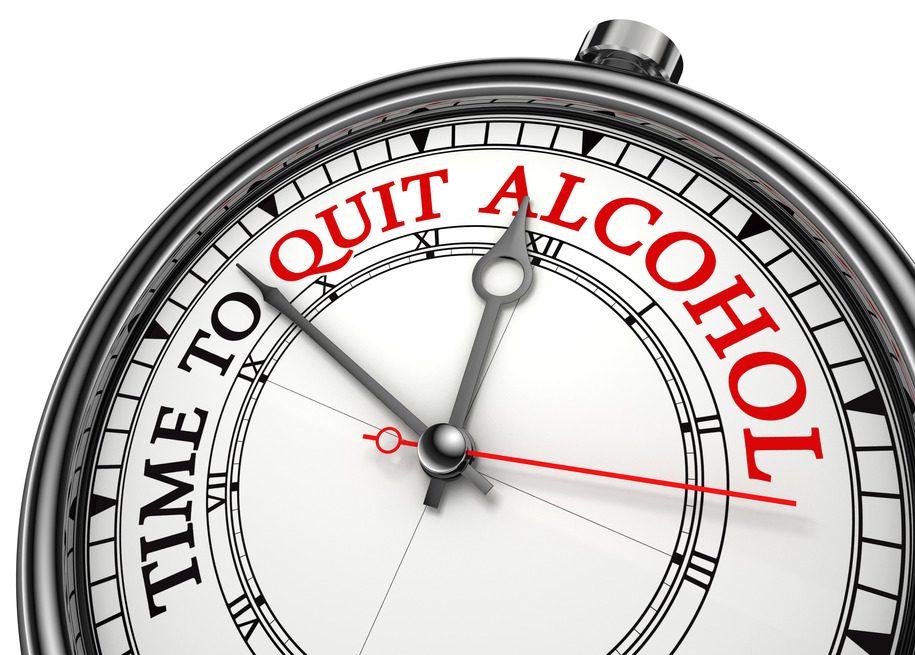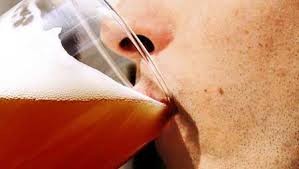Real action points with alcoholism and denial

Real action points with alcoholism and denial starts when the consciousness of quitting is developed in the mind
Real action points with alcoholism and denial: Helping a loved one with alcoholism or alcohol abuse
What do you do if someone you love has a drinking problem? If this is so, it is possible that you may be struggling with a number of painful emotions, including shame, fear, anger, and self-blame. The problems may be so overwhelming that it seems easier to ignore it and pretend that nothing is wrong. But in the long run denying it will be more damaging to you, other family members, and the person with the drinking problem. We spoke to doctor Dalal Akoury MD, a veteran addiction expert and founder of AWAREmed Health Center and she is clarifying some of the real action points as follows:
- Don’t attempt to punish, threaten, bribe, or preach.
- Don’t try to be a martyr. Avoid emotional appeals that may only increase feelings of guilt and the compulsion to drink or use other drugs.
- Don’t cover up or make excuses for the alcoholic or problem drinker or shield them from the realistic consequences of their behavior.
- Don’t take over their responsibilities, leaving them with no sense of importance or dignity.
- Don’t hide or dump bottles, throw out drugs, or shelter them from situations where alcohol is present.
- Don’t argue with the person when they are impaired.
- Don’t try to drink along with the problem drinker.
- Above all, don’t feel guilty or responsible for another’s behavior.
Dealing with a loved one’s alcohol problem can be an emotional rollercoaster. It’s vital that you take care of yourself and get the support you need. It’s also important to have people you can talk honestly and openly with about what you’re going through. A good place to start is by joining a group such as Al-Anon, a free peer support group for families coping with alcoholism. Listening to others with the same challenges can be a tremendous source of comfort and support. You can also turn to trusted friends, a therapist, or people in your faith community. And always remember that:
- You cannot force someone you love to stop abusing alcohol – As much as you may want to, and as hard as it is to watch, you cannot make someone stop drinking. The choice is up to them.
- Don’t expect the person to stop drinking and stay sober without help – Your loved one will need treatment, support, and new coping skills to overcome a serious drinking problem.
- Recovery is an ongoing process – Recovery is a bumpy road, requiring time and patience. An alcoholic will not magically become a different person once sober. And the problems that led to the alcohol abuse in the first place will have to be faced.
Finally, we appreciate that, admitting openly that you have a serious problem can be painful not just for you, but also to the whole family. However, doing so is the right thing to do and you shouldn’t be ashamed because you’re not alone. Alcoholism and alcohol abuse affect millions of families, from every social class, race, and culture. But there is help and support available for both you and your loved one today if only you can schedule an appointment with doctor Akoury now.
Real action points with alcoholism and denial: Helping a loved one with alcoholism or alcohol abuse
http://www.integrativeaddictionconference.com/wp-admin








